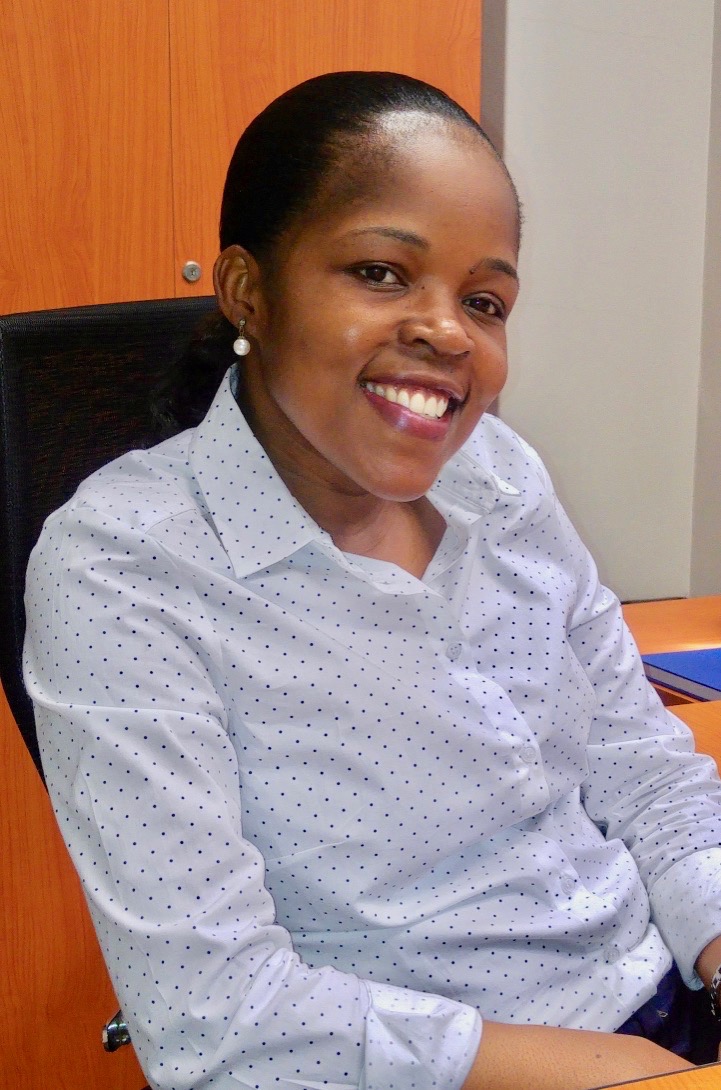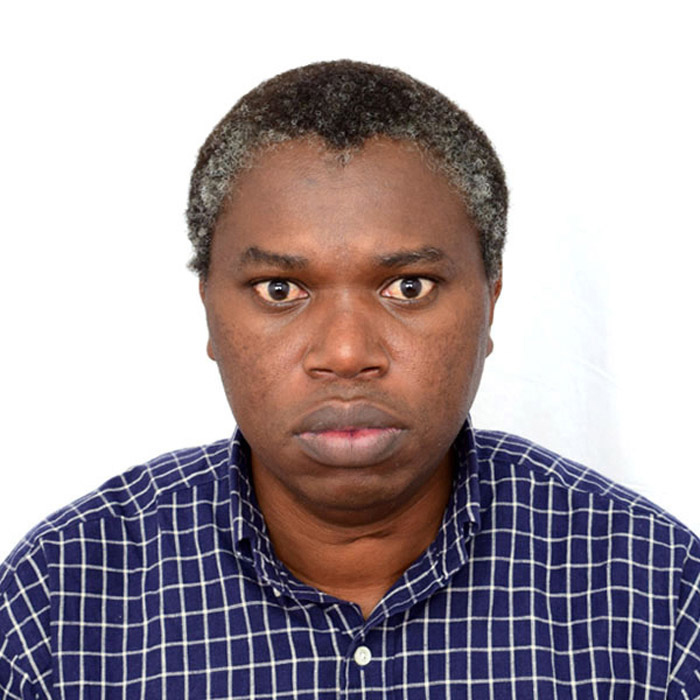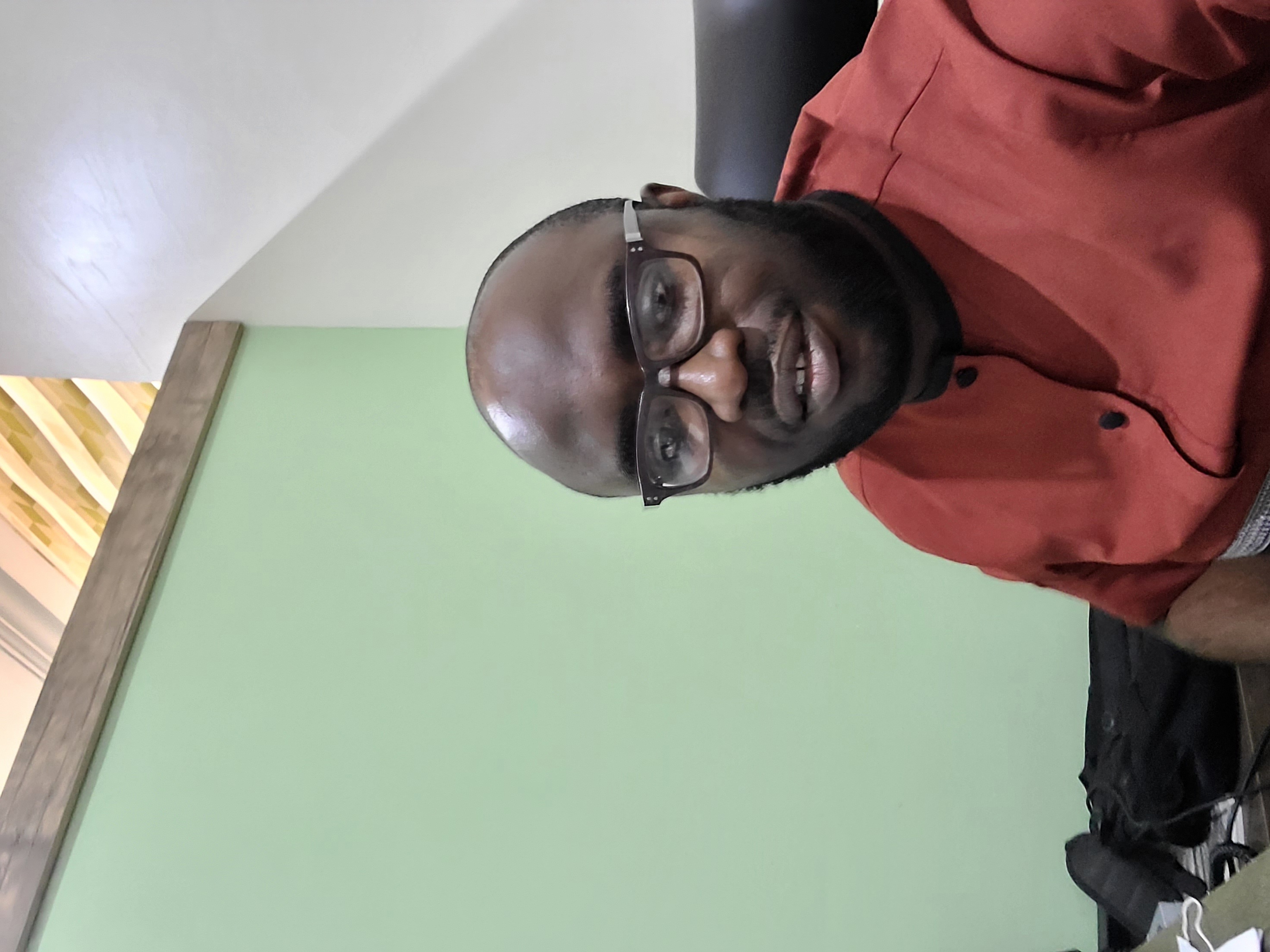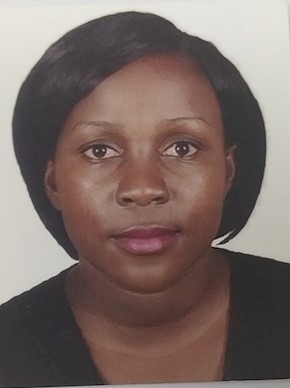

Dr
Christina Thobakgale
Current Organisation
University of the Witwatersrand
Current Job Title
Senior Lecturer, Head of Department
Biography
An experienced C-rated Researcher with over 20 years of experience of which eleven (11) years at supervising Masters and PhD students. Demonstratable experience in managing a research laboratory, teaching undergraduate and postgraduate students and development of curriculum that addresses scientific challenges. Passionate about recruiting, guiding and empowering young scientists to be independent researchers. Author and co-author on several peer-reviewed publications, with proven experience in administering multiple sources of funding and good report writing skills. Highly motivated with progressive experience in academia specializing in Immunology and a recipient of several international and national awards for scientific contributions, including Distinguished Young Women in Science, Wellcome Trust Fellowship and currently a Senior Fellow of the European and Developing Countries Clinical Trials Partnership (EDCTP). Key strengths include time management, interpersonal and presentation skills. Open to share experiences and skills in a new environment, including in a diagnostic laboratory, for a measurable impact in disease prevention and management strategies.
Publications
Project Title
Innate Immunological Mechanisms of Control and Factors Driving Inflammation in HIV Controllers from a high incidence setting in South Africa-Prospects for HIV Cure
EDCTP Project
TMA2018SF-2447
EDCTP Program
EDCTP2
EDCTP Project Call
Senior Fellowship (SF)
Host Organisation
| Department | Institution | Country |
|---|---|---|
| Immunology-School of Pathology | University of the Witwatersrand | ZA |
Project Objectives
1. To assess monocyte phenotype, immunometabolism and pro-inflammatory function of antigen presenting cells (monocytes and DCs) in HIV controllers vs other HIV infected groups. 2. To identify unique phenotypic profiles of monocytes and dendritic cell subsets in HIV controllers and other HIV groups. 3. To assess NK cell frequency, phenotype, nutrient transporter profiles and function in HIV controllers compared to treated and non-treated HIV infected individuals.
Study Design
Observational study
Project Summary
HIV controllers are a unique group of individuals who exhibit spontaneous control of HIV and thus provide proof of concept that HIV functional cure is possible; however, genetic and immunological mechanisms described so far do not fully explain this rare phenotype. Despite universal antiretroviral therapy in most countries, including South Africa, most HIV infected individuals opt out of initiating treatment, and it is possible that most of the untreated populations include HIV controllers. Most interestingly, these individuals have high levels of inflammation despite low or undetectable viral loads and are thus at risk of non-AIDS related malignancies. Some reports suggest that non-AIDS co-morbidities in HIV infected individuals result in part from the effects of HIV on the innate compartment; however, very little is known about the cause of these conditions in Africans, a population mostly affected by the HIV epidemic. This project advanced understanding of innate immune mechanisms in HIV controllers within African populations. Key findings include altered monocyte and dendritic cell activation with reduced inflammatory cytokine responses, suggesting persistent immune activation despite viral control. Integrated metabolic profiling revealed severe dysfunction in untreated progressors and preserved mitochondrial health in elite controllers, highlighting immune resilience. NK cells in controllers showed higher activation makers and functional competence, underscoring their role in spontaneous HIV control. These insights inform strategies to address chronic immune activation and support immune health beyond viral suppression.


